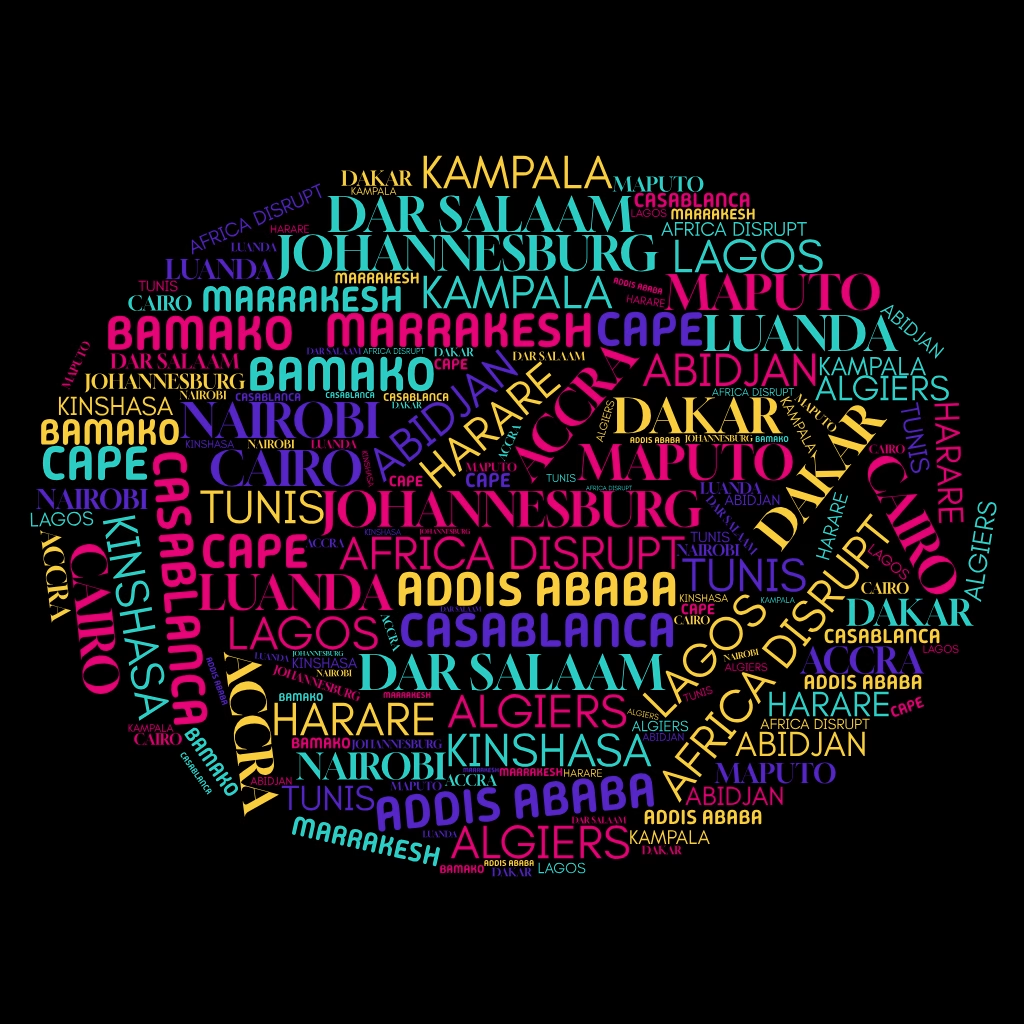
CSW 69: Access Denied
By Esther Nyawira
As we approach the 69th session of the Commission on the Status of Women (CSW 69), scheduled for March 10 to 21, 2025, we find ourselves at a crucial moment in the global fight for gender justice. This session marks the 30th anniversary of the Beijing Declaration and Platform for Action, coincidentally aligning with my age. I have lived alongside these commitments, witnessing firsthand the stark contrast between promises made and promises kept.
Now, thirty years later, I am not only addressing the unfinished battles of my mother’s and grandmother’s generations but also navigating new and interconnected challenges they might have never envisioned.
The landscape of gender inequality has evolved to include emerging challenges such as AI bias and discrimination, anti-rights movements seeking to reverse women’s rights and the disproportionate burden of unpaid care responsibilities on women and girls.
Recent data paints a troubling picture of the path ahead. According to the 2024 SDG Gender Index by EM2030, “A girl born today will have to wait until her 97th birthday — beyond her expected lifespan — to celebrate an equal society”[1]. This statistic becomes even more stark when viewed alongside current demographic trends. Global life expectancy reached 73.3 years in 2024, with projections suggesting an extension to 77.4 years by 2054[2]. This means that no girl born today, whether in California, Toronto, Nairobi, Amsterdam, or Dubai, will live to see true gender equality at current rates of progress.
The situation in our beloved continent highlights the urgent need for more accessible and effective global platforms for women’s rights. Economic crisis remains a persistent challenge, with women and girls struggling to access financial resources and live a dignified life. The education sector continues to face significant hurdles including an increase in teenage pregnancies and sexual exploitation. Health challenges persist, marked by high maternal mortality rates, the disproportionate impact of HIV/AIDS on women and girls, and the alarming increase in femicide. Without a doubt, the CSW convening is an important opportunity and space.
CSW is the principal global intergovernmental body dedicated to promoting gender equality and the empowerment of women and girls. However, its location and format present significant barriers that ironically hinder the very people it exists to serve. Women and girls face numerous obstacles in accessing CSW, from prohibitive costs of travel, accommodation as well as the complexities of the visa application process. This process is not only complicated but also imposes requirements that disproportionately affect women and girls from the Global South. Additionally, the accreditation process itself is cumbersome, muddled with limited slots.
The centralization of CSW in New York, despite the UN having head offices in other countries, creates an additional burden for participants. The stark reality is that many women and girls must travel thousands of miles, at great financial cost, simply to be heard on issues that directly affect their lives. I remember in 2024, I attended CSW68 and only had three minutes to make a submission on behalf of women and girls in Africa.
The reinstatement of the Global Gag Rule threatens to further restrict access to essential global health programs by restricting funding for organizations that provide integrated healthcare. These restrictions exacerbate challenges in addressing maternal mortality, unintended pregnancies, and sexually transmitted infections, including HIV/AIDS[3]. This also means that activists who have previously relied on such funding to attend the CSW will not be able to attend.
Why Not Disrupt the Status Quo?
The year 2025 looms ahead like a deadline for a project we haven’t started yet. While the barriers to participation in traditional forums like CSW may increase, this moment calls for bold, creative, and innovative approaches to ensuring women’s voices are heard and their rights protected. Rather than accepting these limitations, women’s rights organizations and activists must adapt and innovate. The path forward requires multiple complementary approaches working in concert.
Embrace Regional Alternatives: Regional convenings like Africa Disrupt CSW by FEMNET offer a powerful alternative to centralized meetings in New York. These gatherings provide more accessible spaces for local activists to engage and collaborate, fostering stronger regional networks and more effective advocacy strategies. When systems meant to facilitate freedom become sources of rights violations, we must both advocate for institutional reforms AND create new, independent spaces that truly serve the needs of women and girls in all their diversity.
Push for Deep, Systemic and Structural Change: The time has come to seriously push for the rotation of CSW venues to different regions and countries to achieve meaningful engagement and inclusion. Imagine CSW in Namibia! Revolutionary, isn’t it? Countries with strong records on gender equality, such as Namibia, Nicaragua, New Zealand, or Lithuania, could host future sessions, making the process more inclusive and representative of global perspectives on women’s rights.
Nurturing Organizational Capacity: Organizations should prioritize developing and nurturing their capacity and resilience. This internal strengthening will be crucial for weathering current and future challenges. The Feminist Organizational Capacity Strengthening framework provides valuable tools for developing robust institutional structures. Organizations should invest in building stronger networks at regional and national levels while developing virtual engagement strategies to ensure broader participation.
The Power of Solidarity and Sisterhood: As women’s rights organizations face funding cuts and increased restrictions, the importance of solidarity, sisterhood, and strategic collaboration becomes even more critical. We must work together to create new spaces and platforms that are truly accessible and inclusive, ensuring that the fight for gender justice continues to move forward, regardless of the obstacles we face.
The path ahead may be challenging, but through collective action and innovative approaches, we can continue to advance the cause of gender justice worldwide.
References
- Gender Gap in Life Expectancy and Its Socio-Economic Implications. https://freepolicybriefs.org/2024/10/01/gender-gap-life-expectancy/
- Gender differences in survival across the ages of life: an introduction. https://genus.springeropen.com/articles/10.1186/s41118-024-00216-1
- Feminist Organisational Capacity Strengthening framework. https://iwda.org.au/resource/feminist-organisational-capacity-strengthening/
- Gender Equality by Country. https://worldpopulationreview.com/country-rankings/gender-equality-by-country






